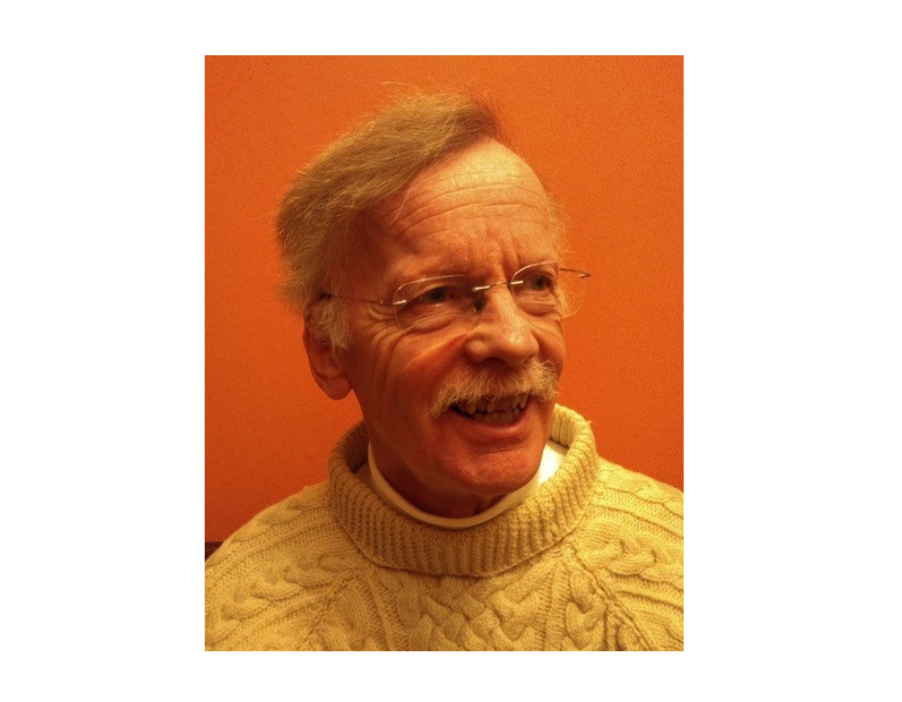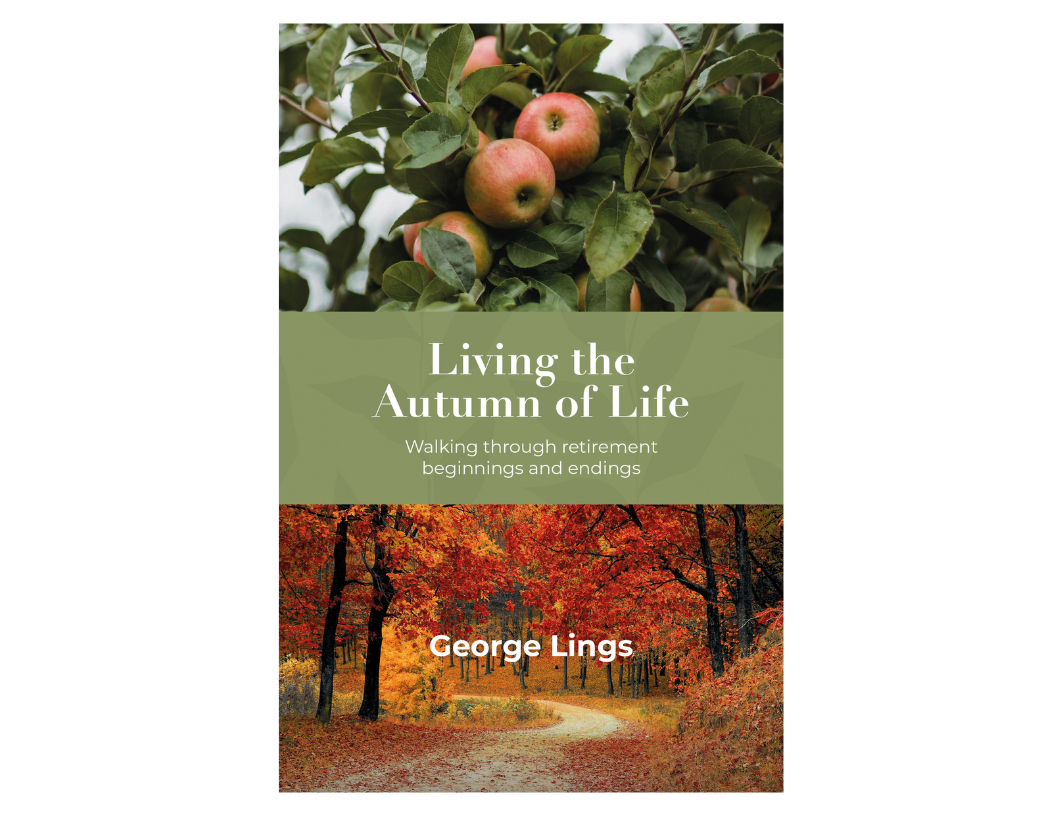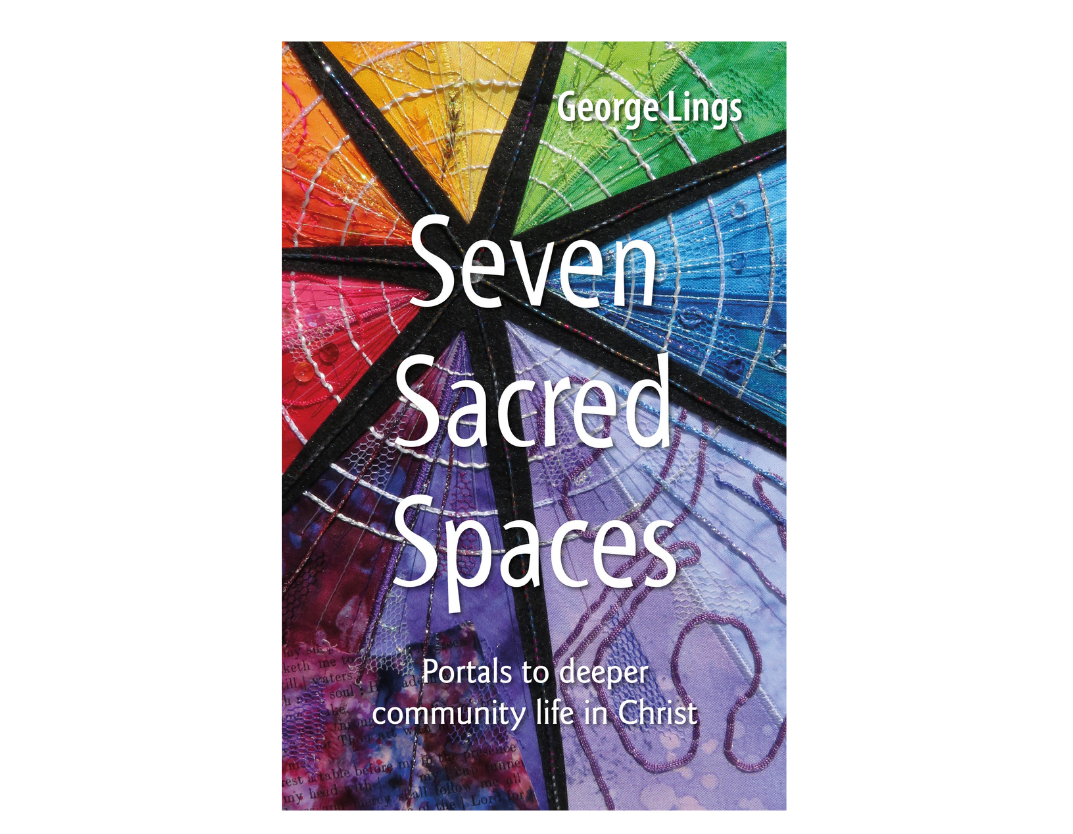In his new book Living the Autumn of Life, George Lings explores how we can best approach the season between retiring and becoming dependent – the so-called third age. As a 75-year-old ‘active third-ager’ himself, the respected writer and researcher says: ‘I was drawn to write this book because I wanted to make sense of the stage of life that I am still living through.’ George brings a biblical lens to the challenges and opportunities of this season of life, with its gains and losses, its fruit being harvested and leaves falling. This is the first of two edited extracts from the book; the second will follow next week.
6 October 2024
Scripture and autumn
Not much should be made of references in scripture to the annual season of autumn. Two such references are found in Psalm 84:5–7 and Joel 2:23. From their Middle Eastern perspective, they saw autumn as a recognised season with the characteristic of bringing much-needed rain. This was seen as a sign of God’s faithfulness.
Today, in view of climate change and the variable weather patterns in the UK, which can bring heavy rain at any season and prompts perennial discussion of the weather, we don’t make the same tight meteorological connections. However, we do still believe God has brought into being a remarkably self-adjusting, self-regulating, self-repairing world, which ultimately God sustains.
It may be fair to observe from those Old Testament texts that the autumn rains stocked up reserves of water in cisterns for the year ahead. Similarly, good lessons learnt in the autumn of our lives will assist us to live through it and prepare us for our own wintering. Scripture has much to say about ageing, becoming old and dying and about the emotions that accompany these processes.
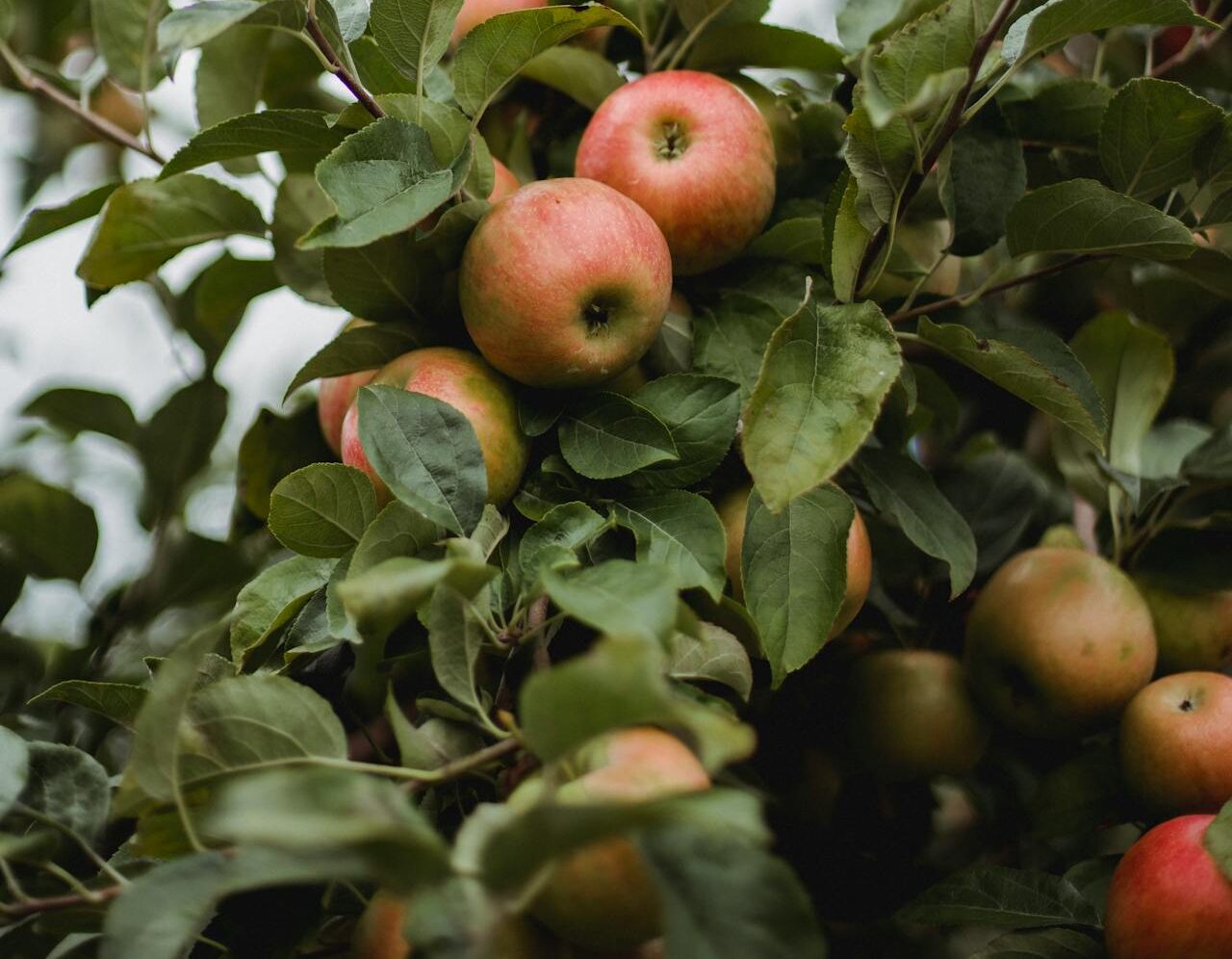
Good lessons learnt in the autumn of our lives will assist us to live through it and prepare us for our own wintering.
The backdrop to ageing is the reality of death
In Older People and The Church, Ian Knox writes that early in scripture, ‘it is apparent that growing old, ageing and dying are the normal pattern of life’. That is the condition of all living things. He cites Genesis 3:19, which puts it graphically and emphatically: ‘Dust you are and to dust you will return.’ I remember reading Paul Tournier’s comment, in his Learning to Grow Old, that it is not that people die because they get ill, it is that ‘they fall ill because they have to die’.
This humble earthy identity is linked to fragility in Psalm 103:14–15. God ‘remembers that we are dust’ and that humans only flourish ‘like a flower of the field’. Our beauty is profoundly transient. Note we are not even likened to a garden flower that might be watered, protected and tended, but compared to a flower out in the open, vulnerable to the sun and wind, to predators and even a trampling human foot.
This ephemeral nature of dust, and the transience of grass living and dying in a day, is also portrayed in Psalm 90:3–10. It was paraphrased by Isaac Watts in his hymn ‘O God, our help in ages past’ and those evocative lines: ‘Time, like an ever-rolling stream bears all its sons away.’ The book of Ecclesiastes – seldom jolly but often memorable – puts it baldly: ‘There is… a time to be born and a time to die’ (3:2). And so it is.
I also place John 9:4 within this framework: ‘As long as it is day, we must do the works of him who sent me. Night is coming, when no one can work.’ Night might refer to opposition, to persecution or to failing strength and more advanced old age. If life is one complete day of 24 hours, then for me at 75-years-old I trust that my night is not yet. Trying to write this book may, I hope, be a sign that I can still do some kinds of work. However, I have to admit that within this metaphor, late afternoon or early evening is already upon me. How does doing ‘work’ fit with that?
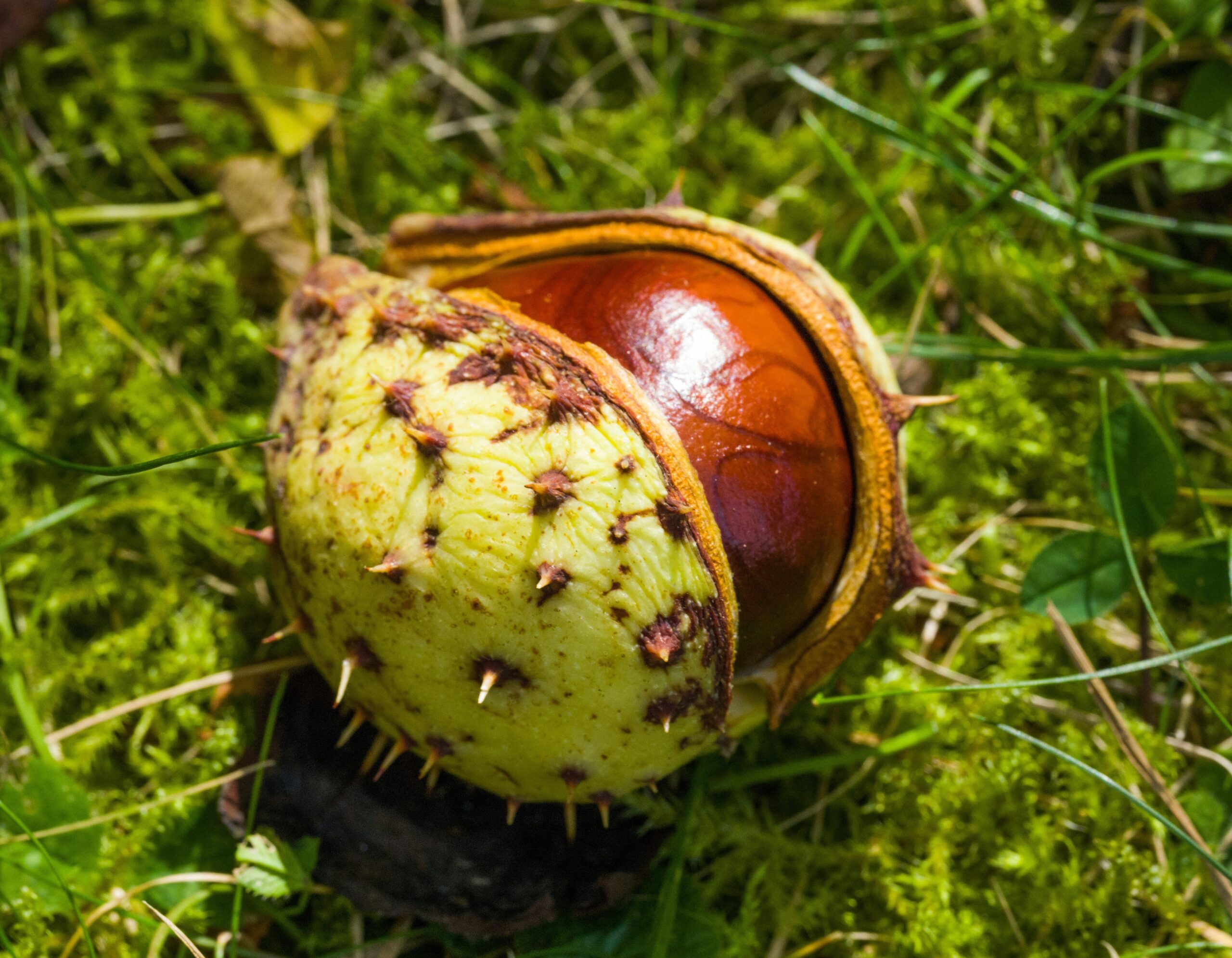
God ‘remembers that we are dust’ and that humans only flourish ‘like a flower of the field’. Our beauty is profoundly transient.
A vocational life
A life lived in Christ is essentially and entirely vocational. It begins and ends in the call of God. He is the ultimate source of our birth and our particular and diverse gifts; then come our belonging to him, exercising varying ministries, being servants of God and partners with him throughout our lives.
Early in his book The Art of Loading Brush, the prophetic American agrarian writer Wendell Berry gladly admits he has had changes of mind to which he keeps returning: ‘From “job”, the manna of the economists and the politicians, to “vocation” which is the authentic calling to the work that is properly one’s own.’ Seeing life as vocation is to see it as so much more than doing a job.
Paul Tournier concurs, tracing headlines of significant stages in his own life, a process which brought him a sense of unity and meaning to his life. Some years before, he also wrote (in The Adventure of Living) to assert the totality and width of that vocational view: ‘Having a vocation means approaching everything one does in a spirit of vocation, looking upon it as an adventure shared with God… I serve him by taking an interest in everything.’
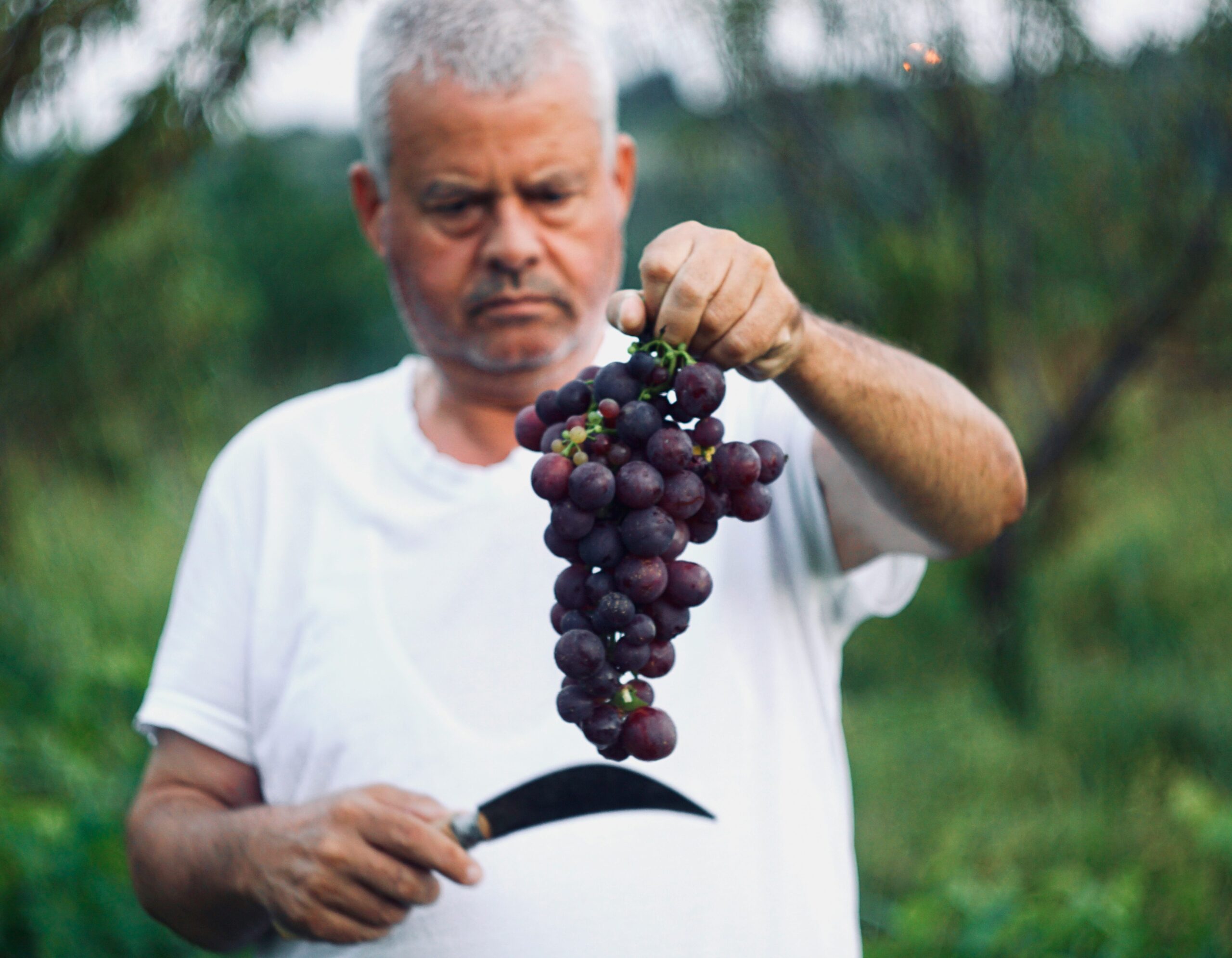
A life lived in Christ is essentially and entirely vocational. It begins and ends in the call of God.
Working with God
And it’s not just that we work for God, but we also work with him. Recently that partnership was underlined for me by 1 Corinthians 12:6: ‘There are different kinds of working, but in all of them and in everyone it is the same God at work.’ That partnership is for a lifetime. In that sense we never retire, we just stop being paid for the work that we do.
During our autumn of life it may well be that ‘different kinds of working’ emerge. As I stressed in a former book, Seven Sacred Spaces, work is an intrinsic part of being human, because it is part of the image of God in us. Few of us can work with much energy at over 90 years old, though people like David Attenborough and the late Queen Elizabeth II have been shining examples. Yet, even when night comes and we can do little for ourselves, by the way we treat our family and our carers, we can exercise love, which is perhaps the best sort of work.
While we still live, we are called to some elements of work – to live purposefully in, for and with God. If that is shorn from us, then also an element of human dignity is lost. That is why treating older people as useless or redundant is so demeaning. It is why the best ministries to older people always include a dimension that they are devised and conducted with and by, not just for, older people.

Even when night comes and we can do little for ourselves, by the way we treat our family and our carers, we can exercise love, which is perhaps the best sort of work.
Walking through the valley…
And when our autumn has finally turned to winter, when the day has ceased and night is upon us, when death looks imminent, familiar words are so applicable. Psalm 23:4: ‘Even though I walk through the valley of the shadow of death, I fear no evil’ (RSV). These words are easy on the ear, comforting to read and important to hold on to. And, I reflect, even walking is a form of work; it’s something we do. Dying well will combine a letting go and a walked path.

